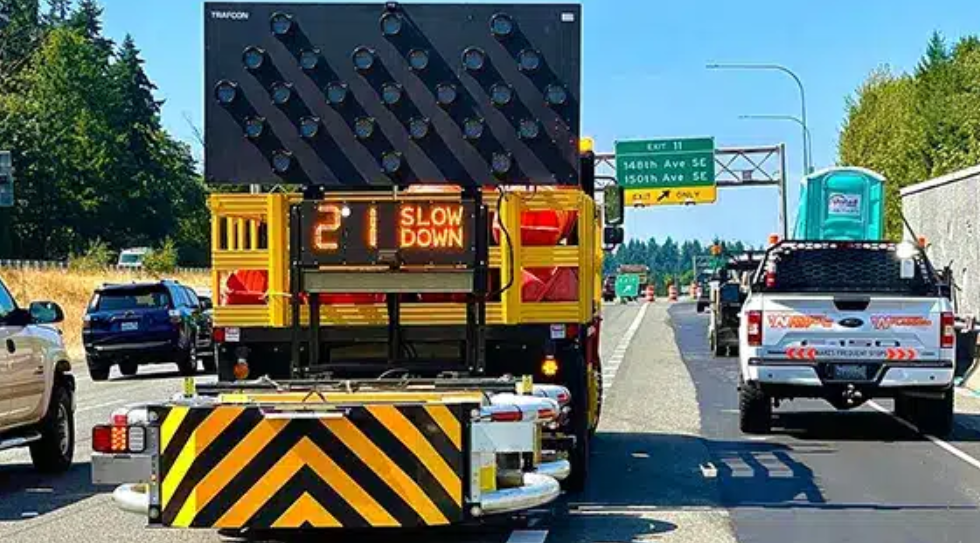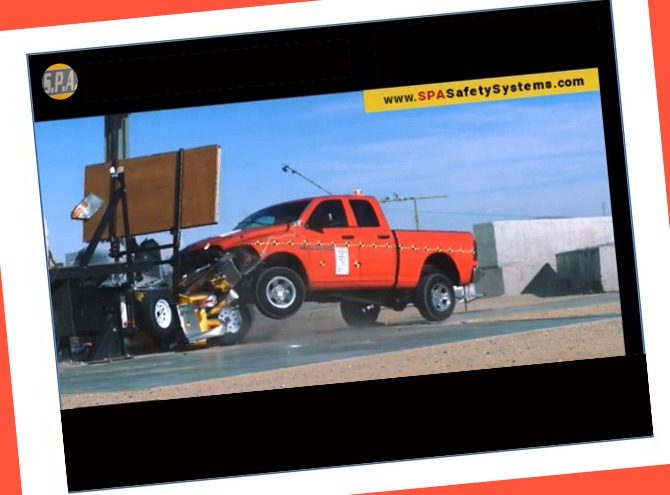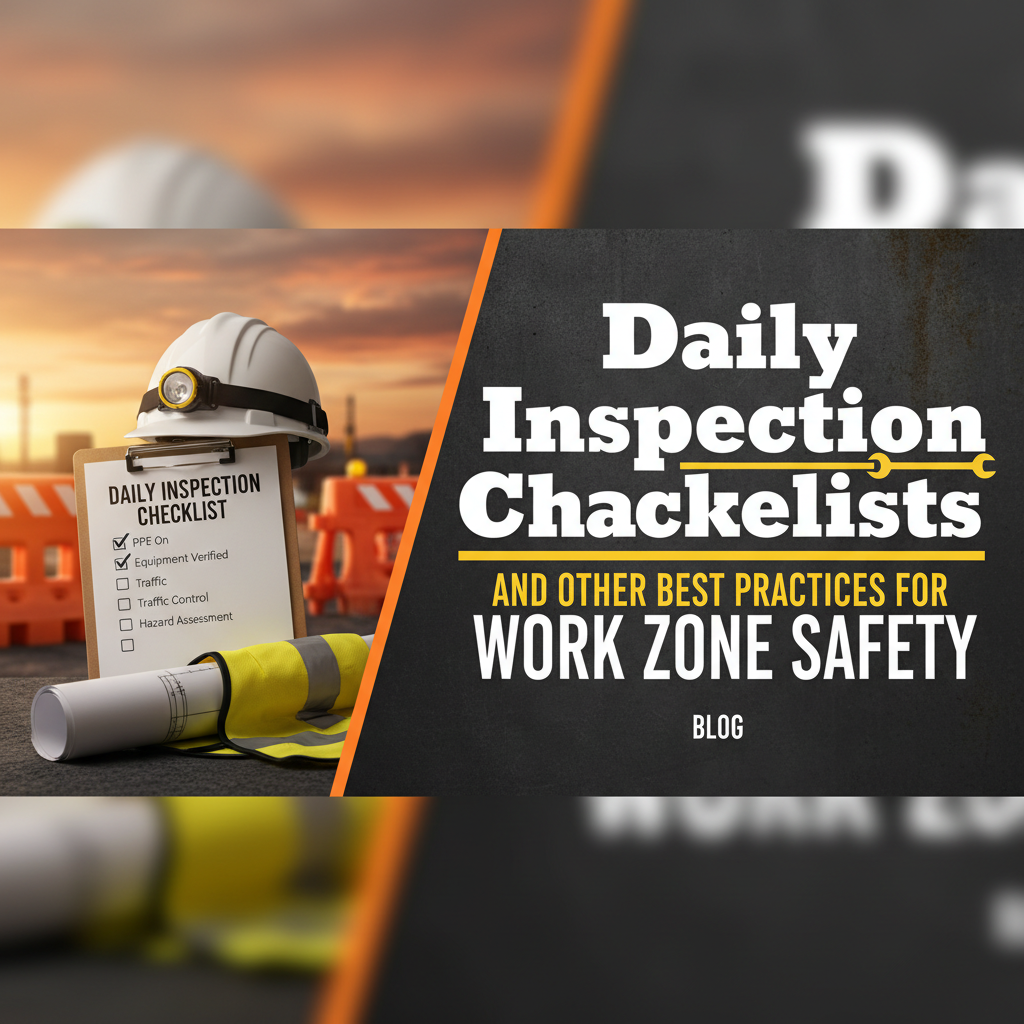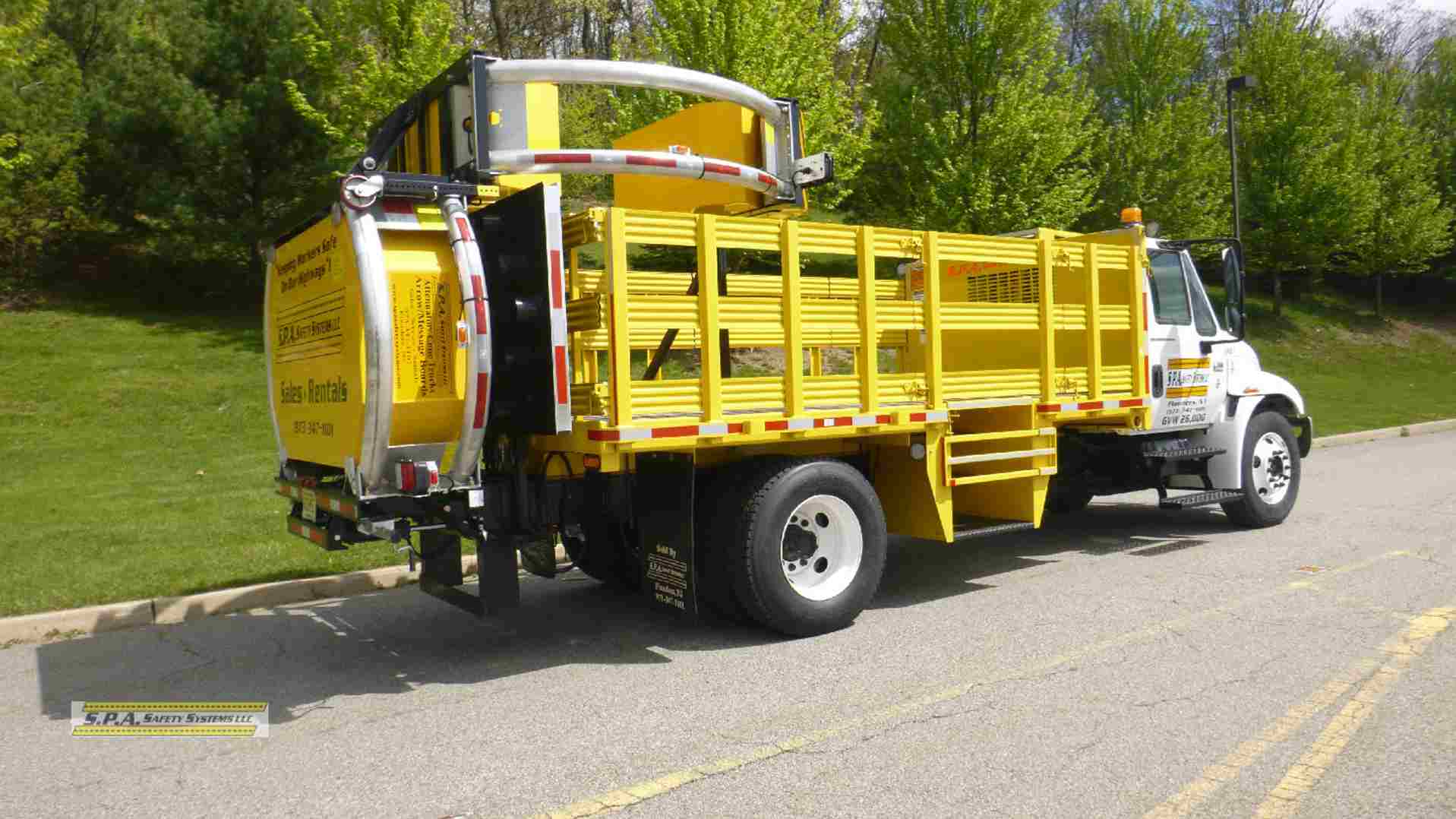Introduction: Why NJ DOT Certification Matters
Picture this:
You’re setting up a lane closure on a busy stretch of I-78. Suddenly, a DOT inspector pulls up and asks for your crash attenuator truck’s certification paperwork. You hand it over confident—your project keeps moving, your crew stays safe, and you avoid costly fines or work stoppages.
But what if your truck isn’t certified? Delays, penalties, or even a shutdown can quickly follow. For every New Jersey contractor or project manager, having NJ DOT TMA certification is more than a formality—it’s the backbone of legal compliance and job site safety. Let’s break down what this certification means and why it matters for your business.
What Is NJ DOT TMA Certification?
NJ DOT TMA certification is the formal process by which the New Jersey Department of Transportation confirms that your truck-mounted attenuator (TMA) meets strict state and federal safety standards for work zone protection.
- TMA: A TMA is a vehicle equipped with an energy-absorbing crash attenuator designed to shield workers and motorists in highway work zones.
- Certification: It proves your truck is built, equipped, and maintained according to the latest engineering and safety standards—including those set out by MASH (Manual for Assessing Safety Hardware) and NCHRP (National Cooperative Highway Research Program).
In short: If you operate on New Jersey highways, you must use a certified crash attenuator truck. There are no shortcuts.
The Certification Process Explained
Getting your TMA certified for New Jersey roads is a step-by-step process that ensures every vehicle meets or exceeds DOT requirements. Here’s how it works:
1. Choose DOT-Approved Equipment
- Begin with a truck and attenuator that are already MASH-tested and listed by the manufacturer as DOT-approved.
- Only specific models and brands are accepted—check with both your supplier and the NJ DOT list.
2. Submit Documentation
- Provide proof of compliance with MASH or NCHRP 350.
- Include manufacturer’s specs, serial numbers, and crash test results.
3. Inspection by NJ DOT
- A DOT inspector checks your truck for correct installation, structural integrity, and all required safety features (see next section).
- Inspections can occur in your yard or on the project site.
4. Certification Issuance
- If your truck passes, you receive a formal certification card or sticker—often with an expiration date.
- You must keep this Documentation available for every job.
5. Ongoing Compliance
- Trucks are subject to re-inspection, especially after any repair or major collision.
- Annual or project-based renewals may be required.
Pro Tip: If you rent from a reputable provider, like SPA Safety Systems, certification is handled for you.
Key Safety Features That Pass Certification
What exactly does the NJ DOT look for in a certified TMA truck? Here are the essentials:
- MASH TL-3 or NCHRP 350 Attenuator: The rear crash cushion must be tested and approved to absorb high-speed vehicle impacts.
- DOT-Approved Lighting: Includes LED arrow boards, strobes, and high-visibility taillights.
- Reflective Striping and Signs: Ensures the truck is visible 24/7, even in harsh weather or at night.
- Structural Integrity: No rust, bends, or cracks in the attenuator or frame.
- Proper Mounting: The attenuator must be installed according to the manufacturer’s and DOT specifications—no shortcuts or field modifications.
- Backup Alarms and Cameras: For added operator and pedestrian safety.
- Current Inspection Records: All maintenance and repairs are logged with up-to-date inspection stickers.
Failing even one of these items can result in your TMA being pulled from service until it is fixed.
Benefits of Certified Attenuator Trucks
Why go through the hassle of NJ DOT TMA certification? The benefits speak for themselves:
1. Legal Compliance
- Avoid fines, project shutdowns, and legal exposure.
- Pass DOT inspections without delays.
2. Worker and Public Safety
- Certified trucks are proven to save lives by mitigating the impact of dangerous crashes.
- Lower risk of injuries and fatalities.
3. Insurance and Liability
- Insurers look for certification; non-compliance can result in voided coverage.
- Reduces your liability if an accident occurs.
4. Reputation and Peace of Mind
Certified equipment means professionalism and reliability—qualities DOT inspectors and clients respect.
5. Seamless Project Flow
No last-minute surprises or shutdowns due to uncertified equipment.
How SPA Safety Systems Supports Certified Equipment
At SPA Safety Systems, we understand the stakes. That’s why every TMA truck we rent or sell is:
- It is fully NJ DOT certified and comes with Documentation ready for inspection.
- Regularly maintained, with all inspection and repair records available on demand.
- Upgraded to meet the latest standards, including MASH TL-3 compliance.
- Backed by a support team who knows the ins and outs of NJ highway safety equipment standards.
If you ever have a certification question or need help preparing for a DOT inspection, our experts are just a call away.
Conclusion
NJ DOT TMA certification isn’t just a box to check—it’s a critical safeguard for your crew, your project, and your business.
By choosing certified crash attenuator trucks in New Jersey, you ensure legal compliance, maximum safety, and successful project delivery.
Don’t risk it. Always verify your TMA’s certification status before starting a job. If you’re unsure or need help, contact SPA Safety Systems for certified rentals, sales, and expert compliance advice.
FAQs About NJ DOT TMA Certification
1. Is NJ DOT TMA certification required for every highway project?
Yes. Any project that uses a crash attenuator truck on NJ state or interstate highways must use a DOT-certified vehicle.
2. How often does my TMA truck need to be recertified?
Typically, this is done annually or after any major repair or collision. Always check for project-specific requirements.
3. Can I get my older TMA truck certified?
Possibly—if it meets current MASH or NCHRP standards and passes inspection. Some older models may no longer qualify.
4. What paperwork should I carry on the job?
Keep your certification card or sticker, recent inspection records, and proof of MASH/NCHRP compliance in the truck at all times.
5. What happens if I fail certification or a spot inspection?
You’ll need to fix any issues—sometimes immediately—or replace the truck. Non-compliance can lead to fines or project delays.
Ready to ensure your attenuator trucks meet every NJ DOT standard? Contact SPA Safety Systems for certified equipment and hassle-free compliance.








